They Became My Family is a portrait gallery celebrating the diverse communities of the AIDS Clinical Trials Group (ACTG). The ACTG’s Global Community Advisory Board (GCAB) and Community Scientific Subcommittee (CSS) are exemplars of community engagement in clinical research, and the ACTG’s local CABs provide opportunities for multidirectional communication between the network and the communities it serves.
Many community members leave the ACTG due to burnout, busy lives, terms ending, or other competing priorities, meaning their voices and experiences risk being lost. They Became My Family is an effort to preserve individuals’ legacies and the rich diversity of the ACTG.
All current and former ACTG community members are welcome to submit to this gallery.
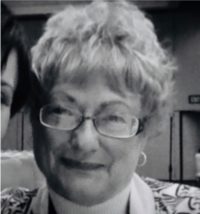
Sharon Maxwell (1948-2016)
After AIDS, the community just became one of people living with HIV and AIDS and Hepatitis and women, and everybody dealing with these kind of issues. That became my family.

Sharon Maxwell (1948-2016)
After AIDS, the community just became one of people living with HIV and AIDS and Hepatitis and women, and everybody dealing with these kind of issues. That became my family.
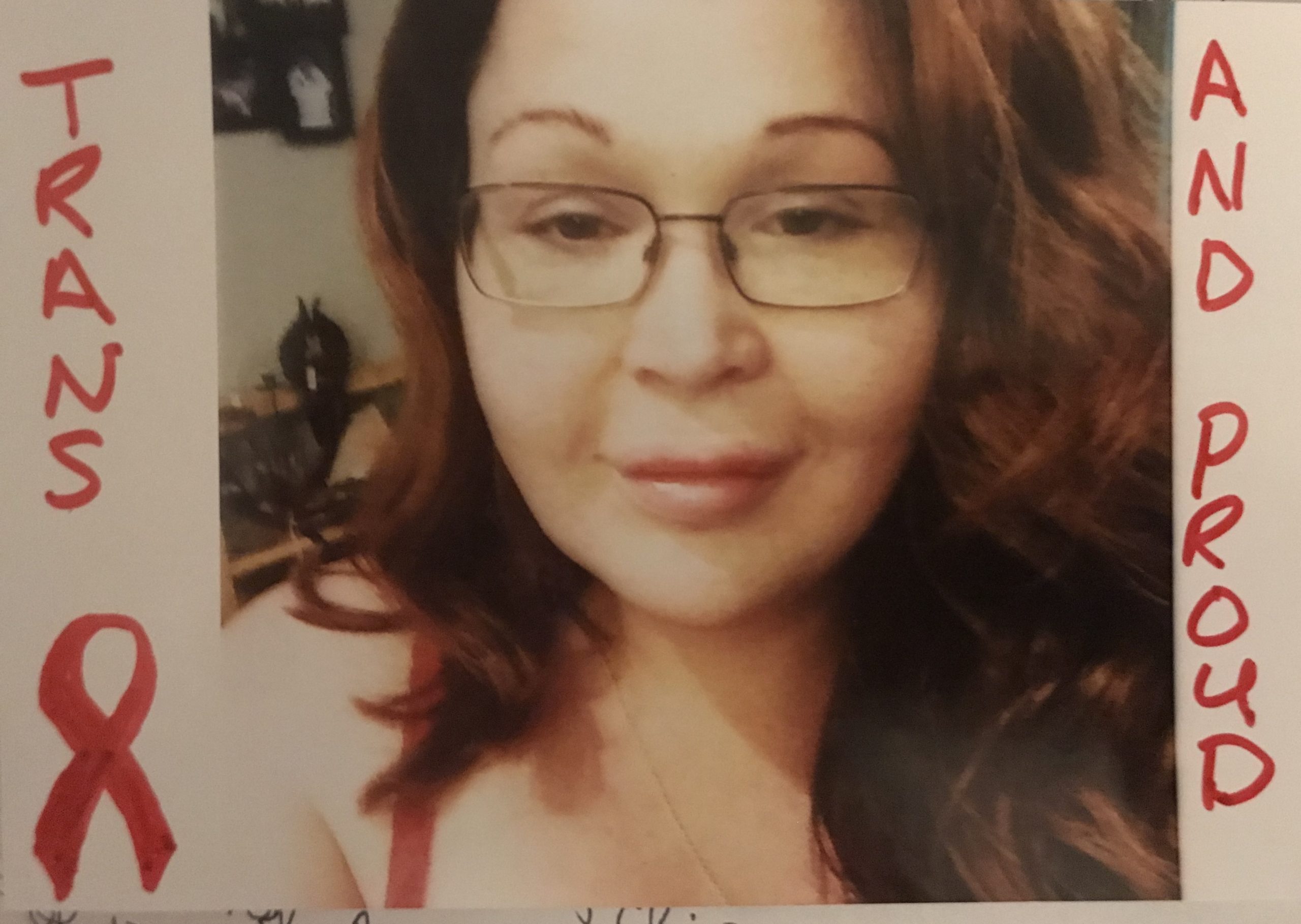
Melissa
Trans women (specifically trans women of color) bear the brunt of intersecting social inequities that affect participation, treatment, and the integration of treatment and prevention.
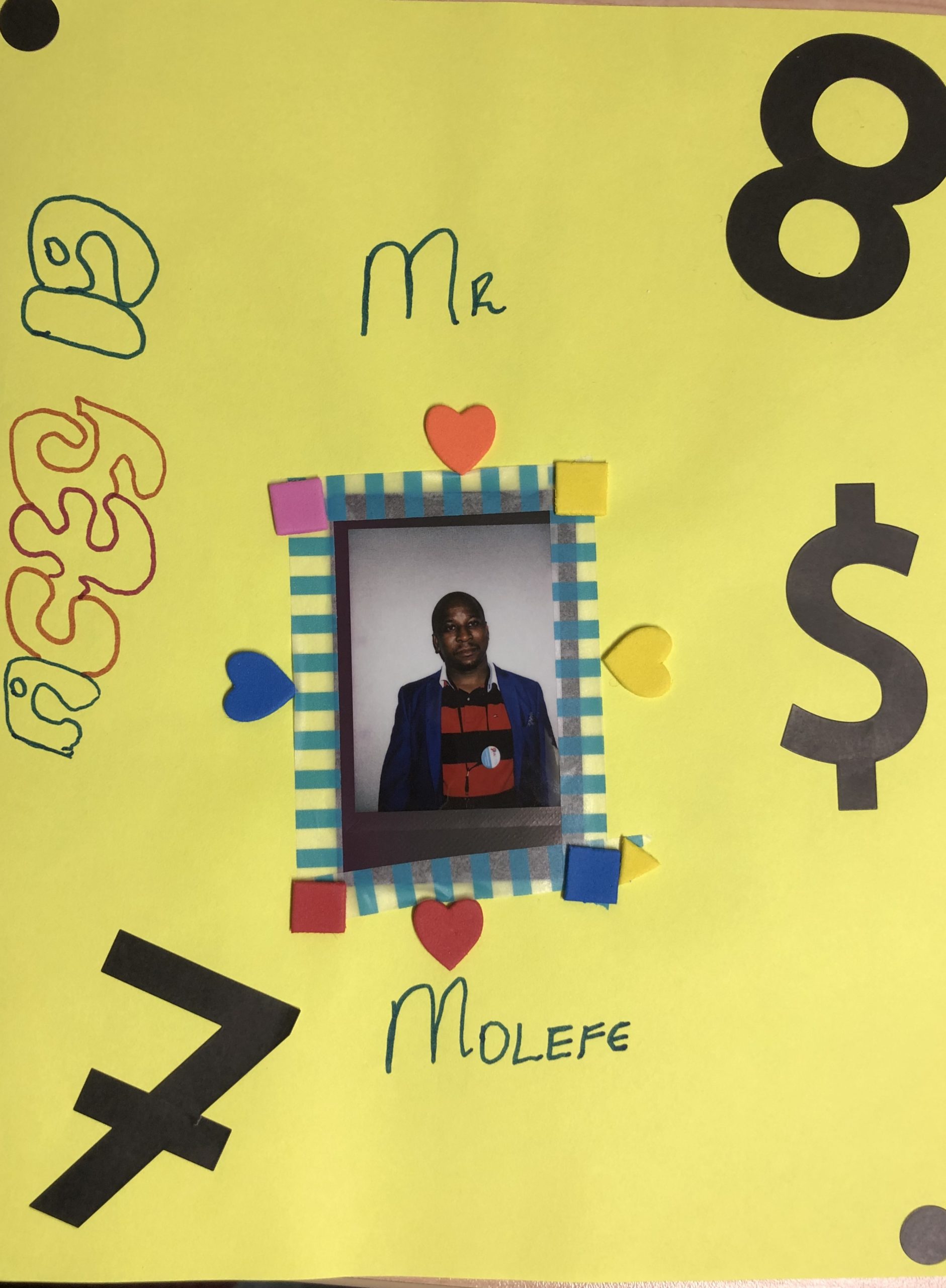
Thuso
I am from a multi-cultural community. We are well-informed when it comes to HIV and TB infection.
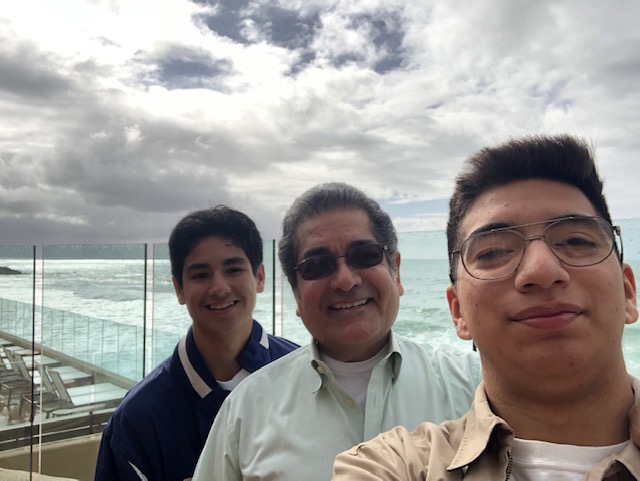
Ruben Vidales
Sometimes it is hard to reach out to the populations that make up my community, but it’s important not to give up. My community – regardless of HIV status – is hopeful for a cure. But we are also frustrated by a lack of services, especially for mental health issues.
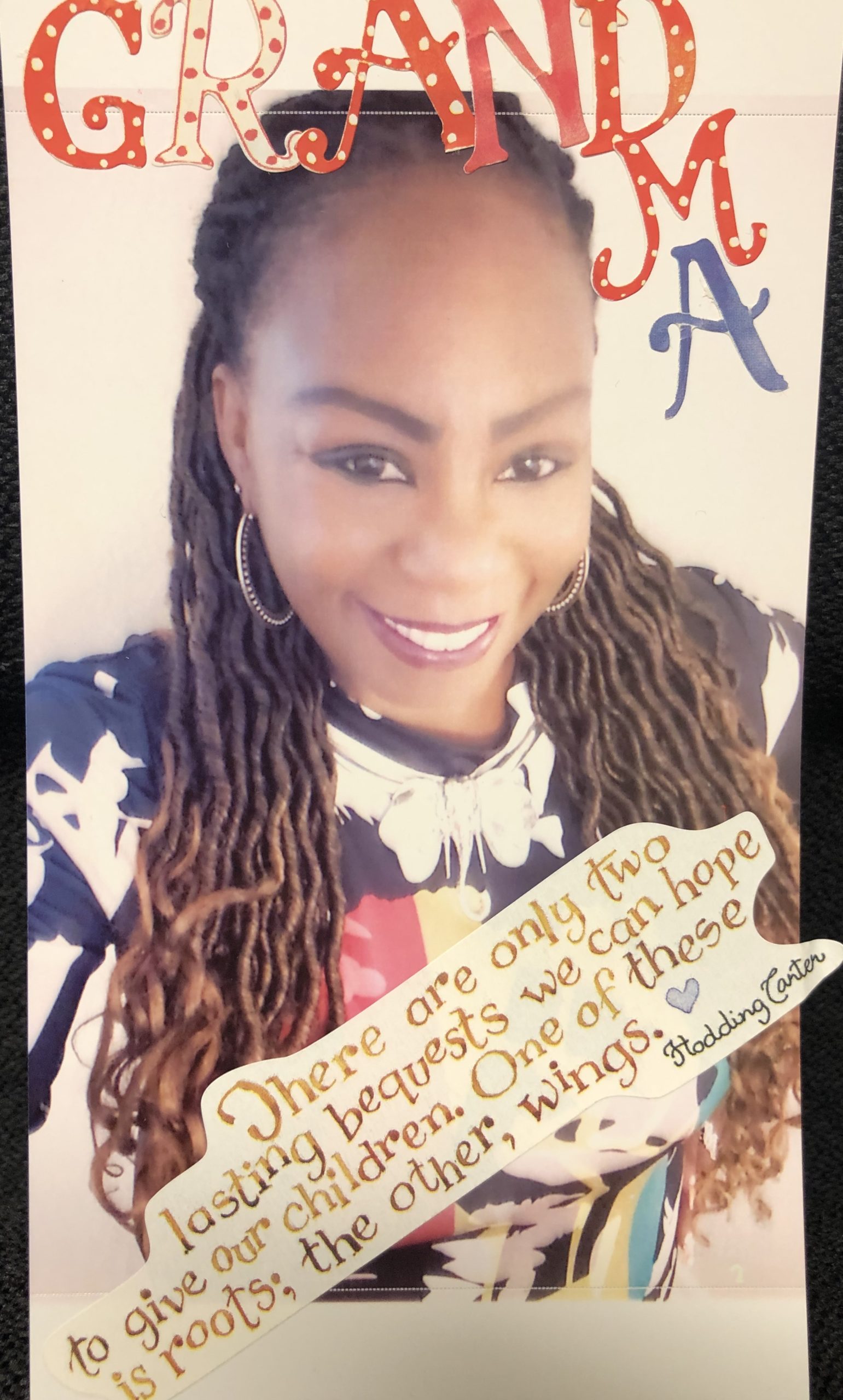
Gail
I want the ACTG to prioritize participant-centered research: I hope the network listens to the voices of participants and designs research around our needs and wants.
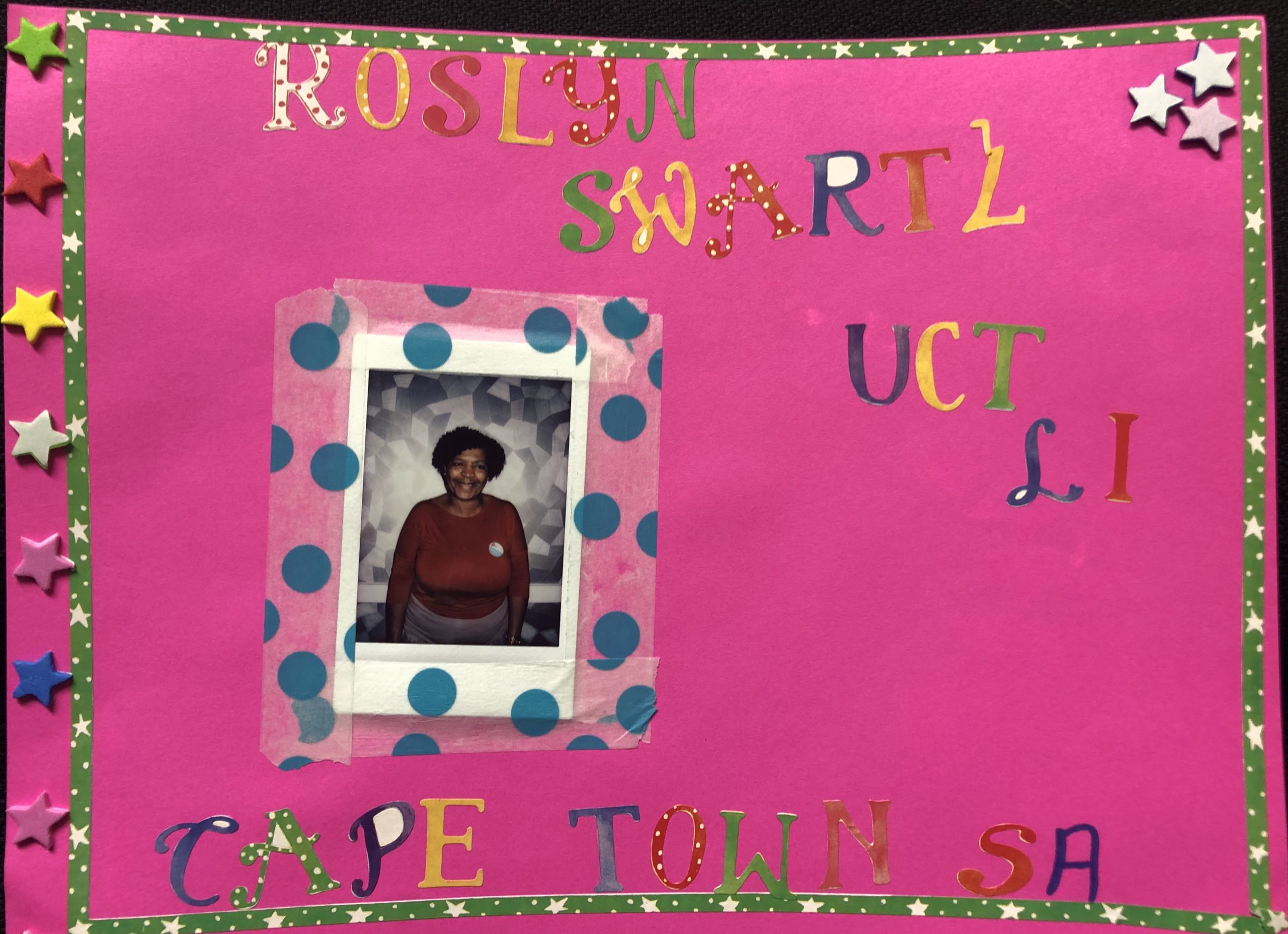
Roselie Swartz
I hope the ACTG reaches more and more communities so that more people can be involved in research and then benefit from the cure.
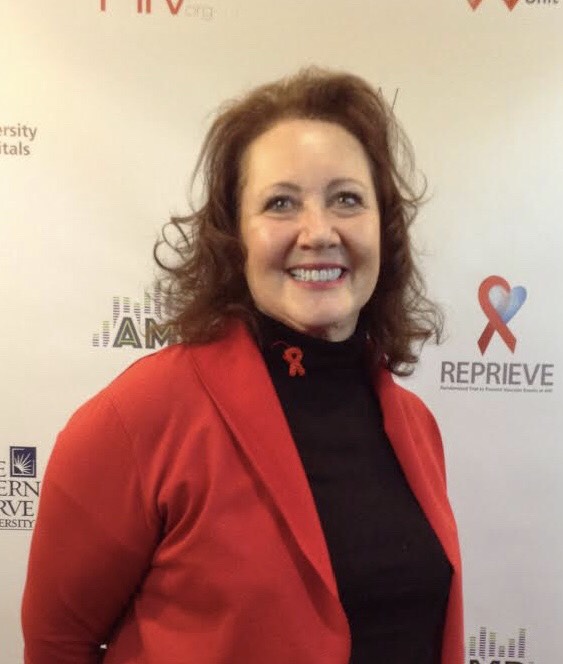
Jan Kosmyna
I was an oncology research nurse, but was so touched by the HIV epidemic that I contacted the local ACTU PI and switched careers. After retiring, I wanted to continue my advocacy in a new way.

Allegra Cermak
The ACTG system of community input was the very first time that community was part of the research process. And THAT is a really big deal.
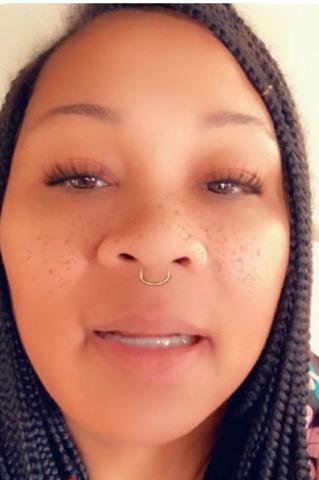
Danielle Campbell
I want to change the way this conversation unfolds for the most marginalized and vulnerable of folks.
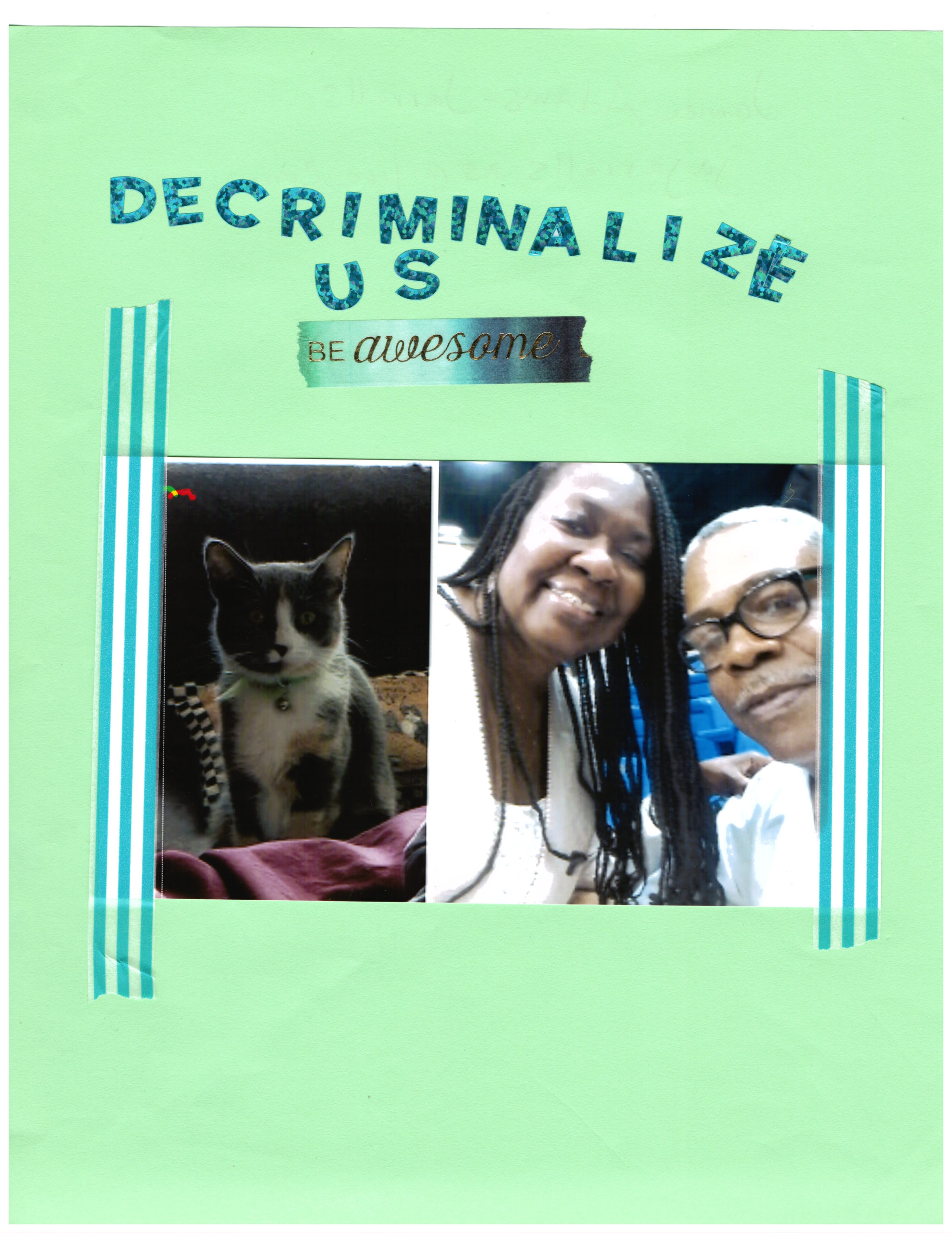
Janice Adams-Jarrells
My community is underserved and underrepresented. It includes LGBTQ people, women of color, older people, long term survivors, and transgender folks.
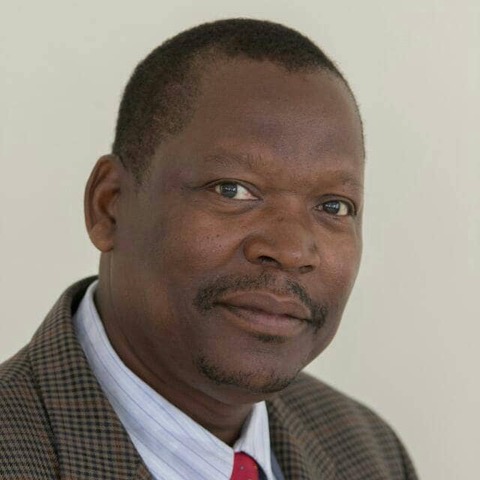
George Kukhala
I want to be remembered for forming nationwide connections between clinical research and other organizations.
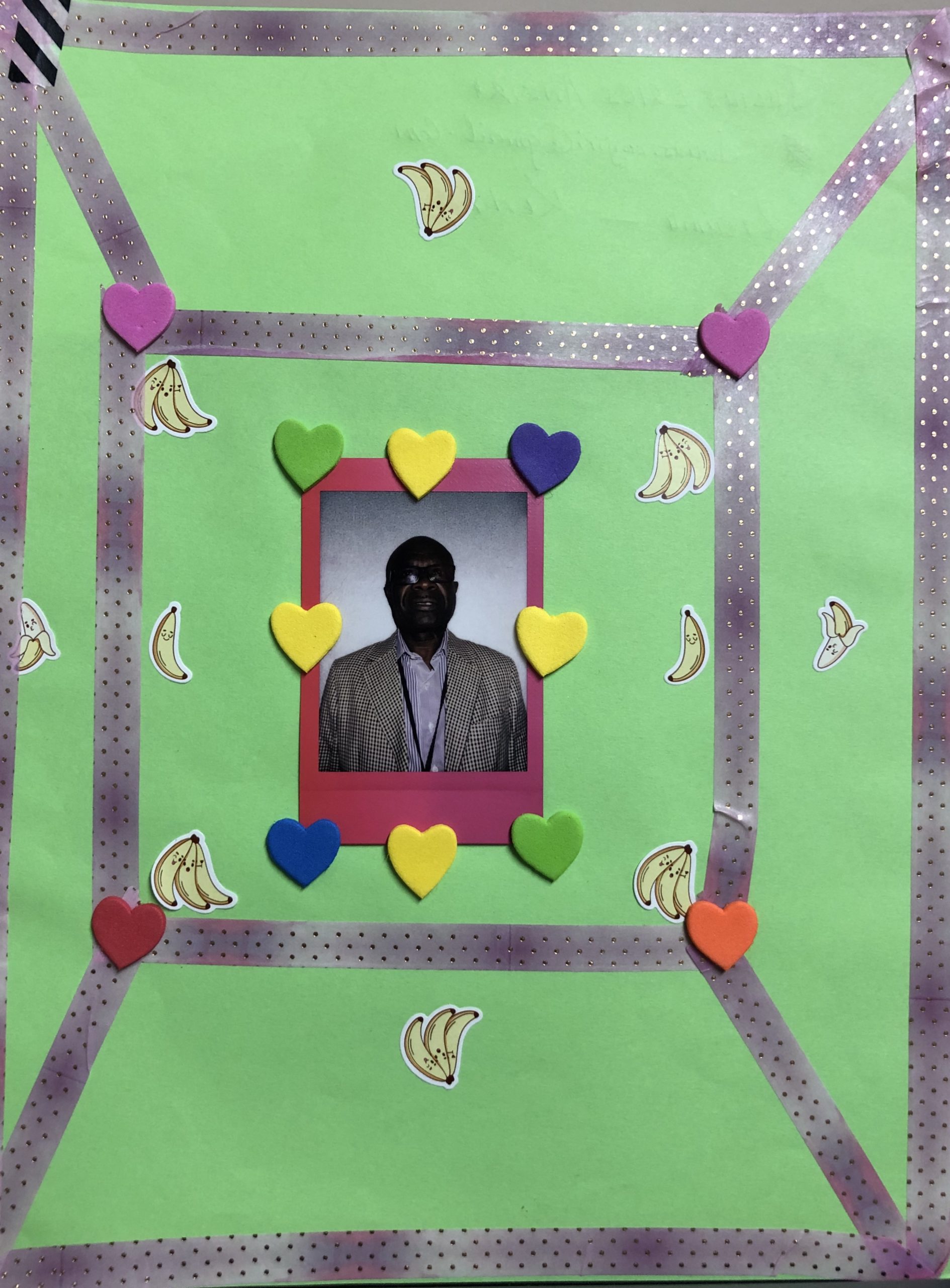
Julius Anjiri
I am a community mobilizer, and have been involved in demystifying clinical research.

Abe Gaston III (in memoriam)
Sometimes the work being done isn’t seen, because there is no public stance taken by an individual, or no words spoken powerfully at a meeting. Sometimes community advocacy in HIV research takes place in private, face-to-face, between people. I want each of us to remember this when we remember Abe.
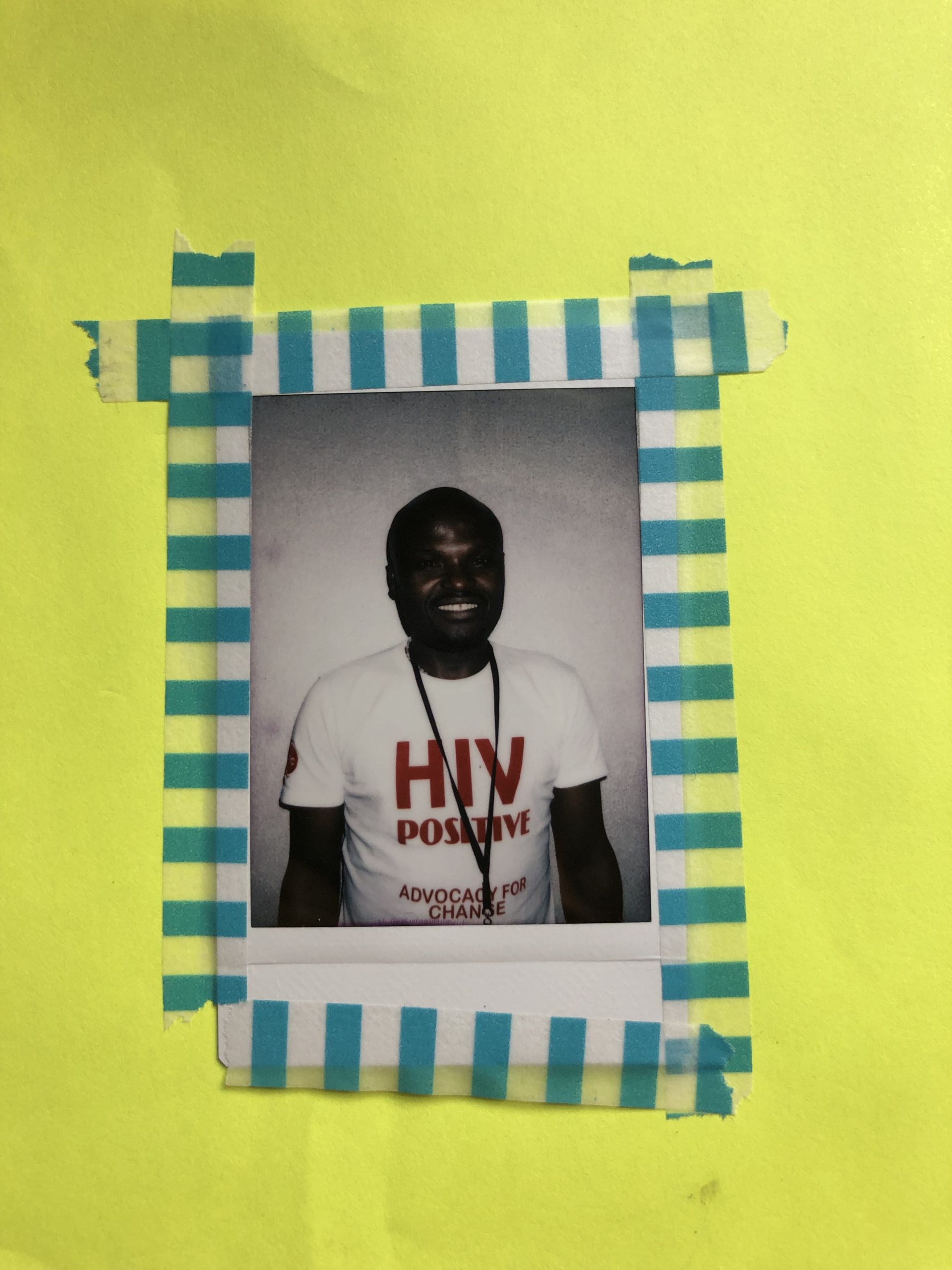
Benedict
I hope that the ACTG will always remain a home for innovative minds, and that the network will continue to be respected for its ability to listen to the community.
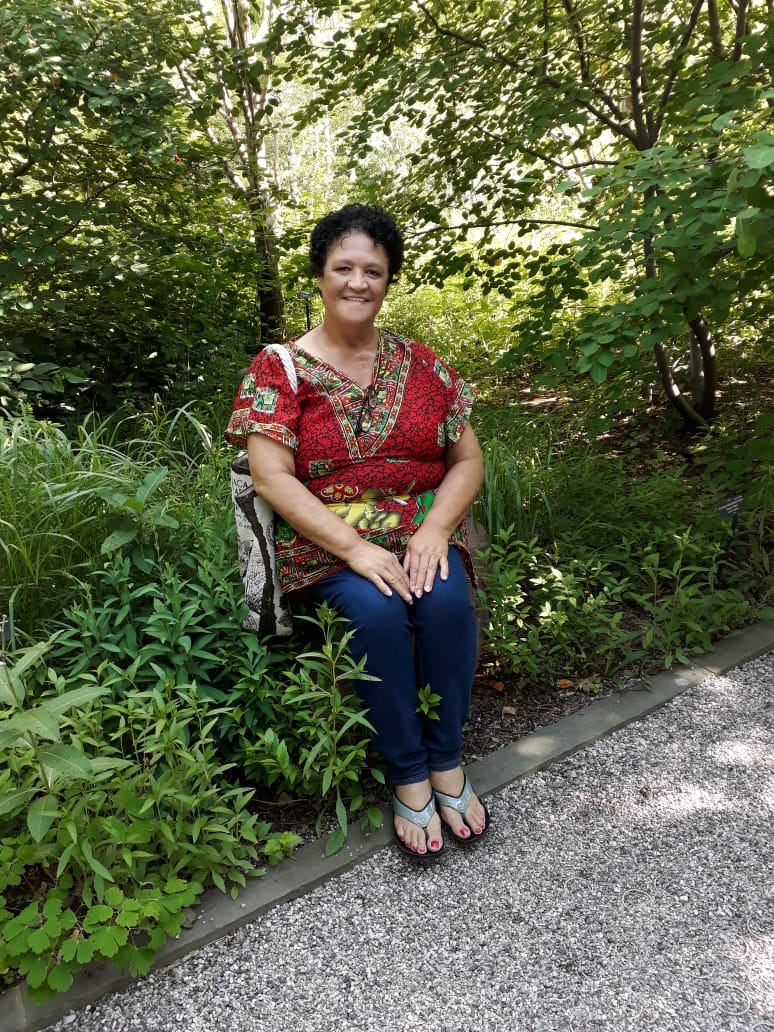
Belinda Ameterra
Stigma remains a large issue and impacts the way patients are treated.
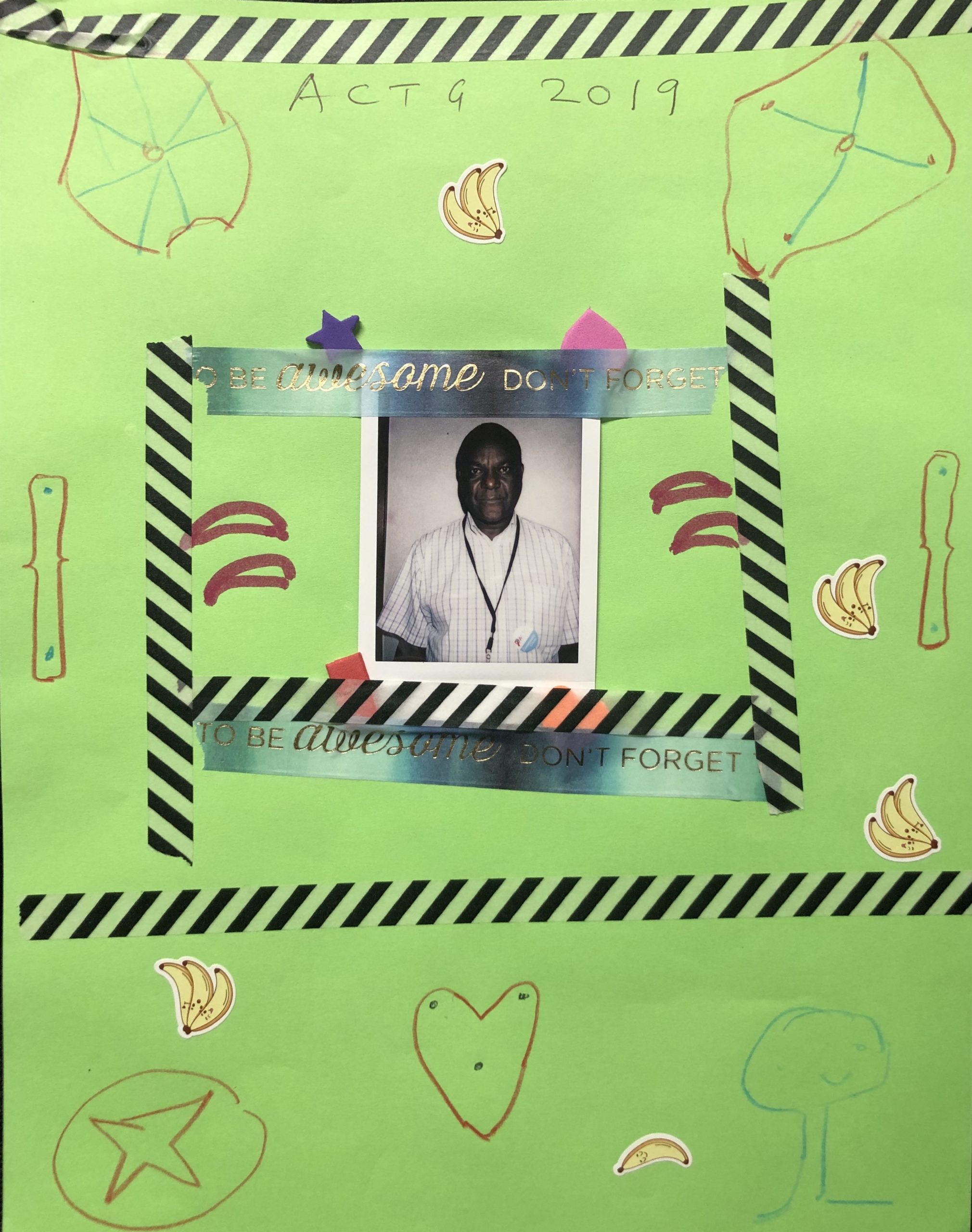
Wycliffe Esendi
I got involved because I wanted to fully participate in the research process. I want to make a difference.
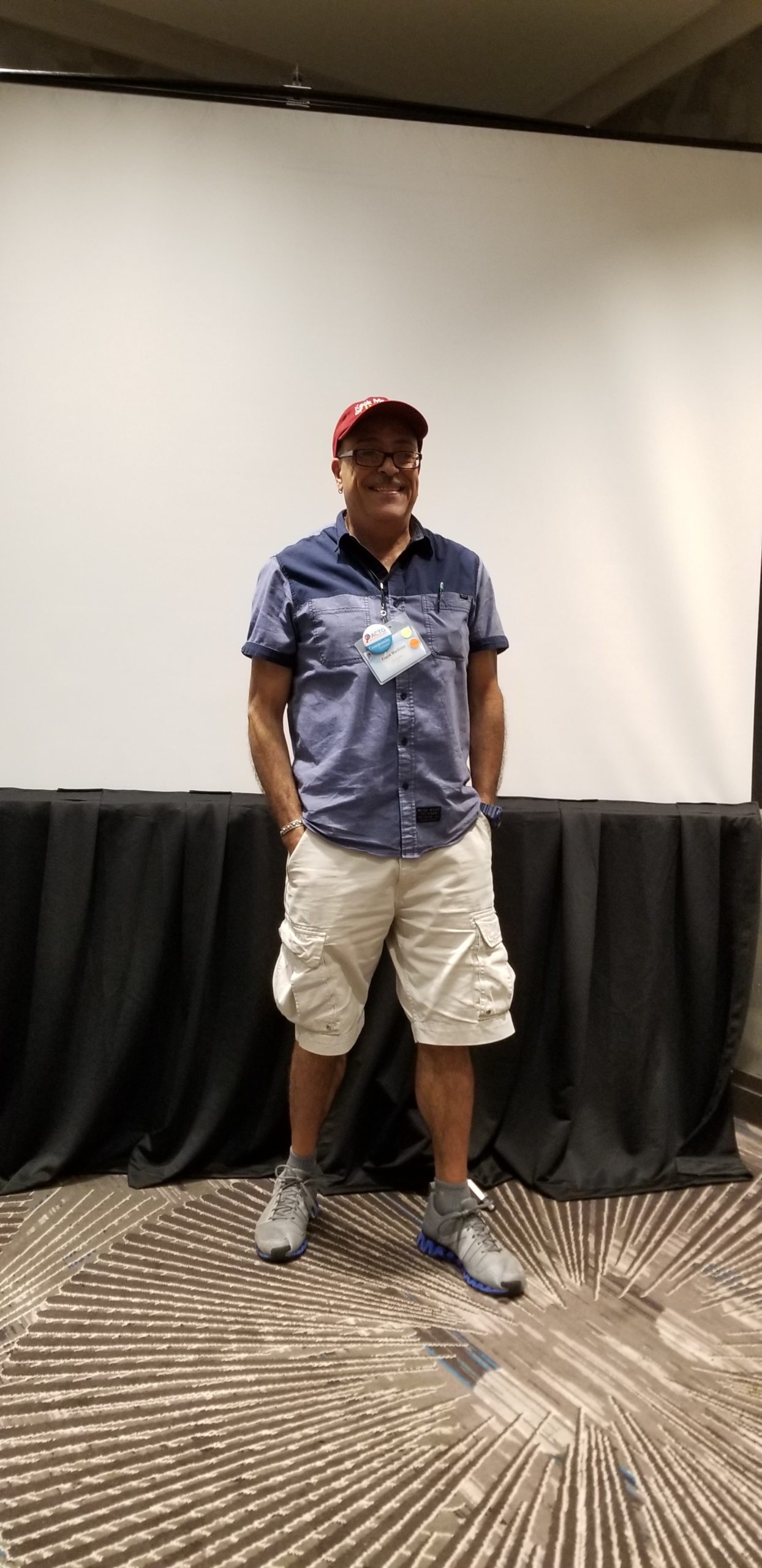
Frank Martinez
Adherence is a big issue. It can be a challenge for people to take their medications, especially our homeless community who doesn’t always have a place to keep their medications.
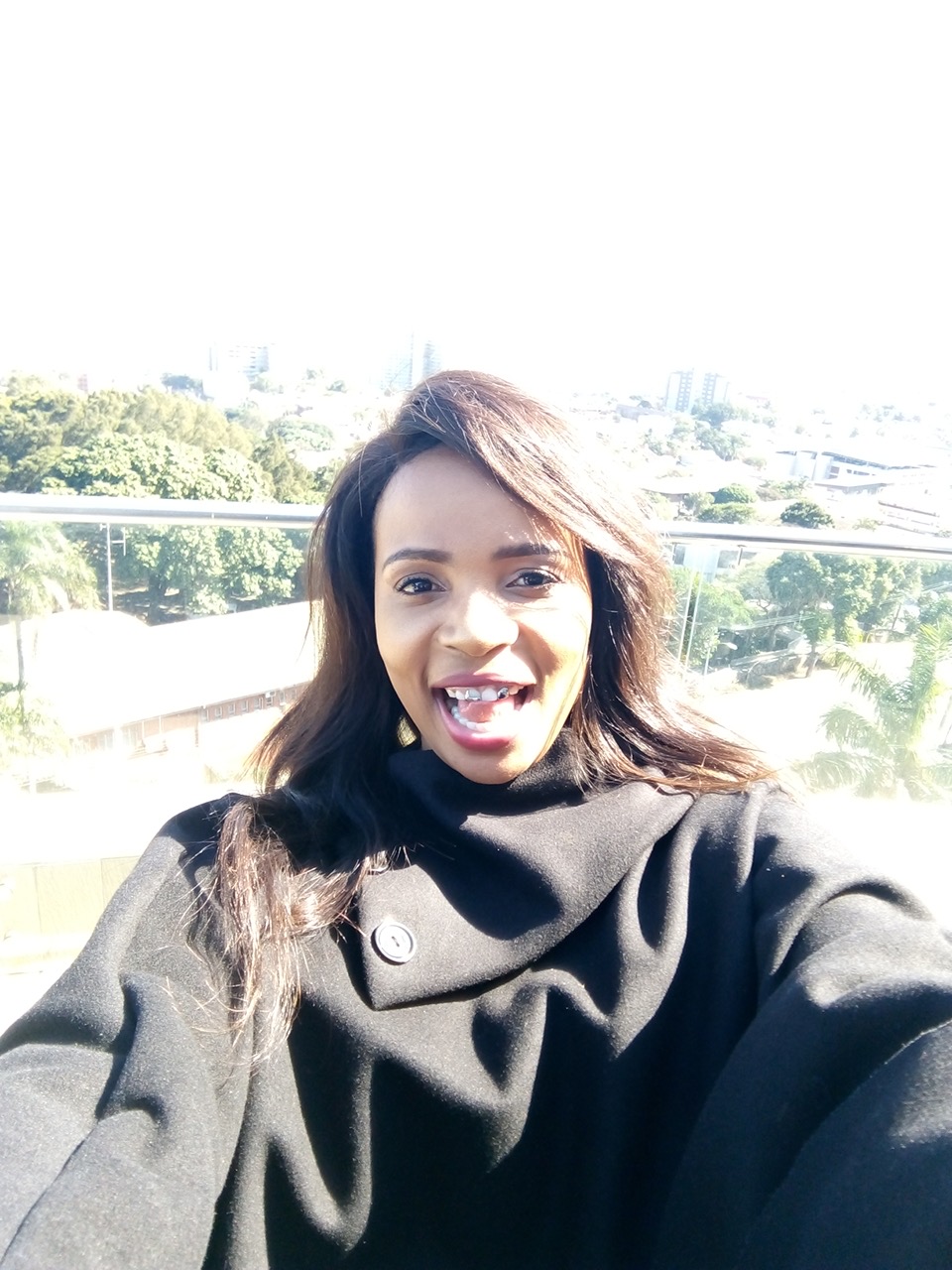
Cebisile Nkosi
I lost four family members to AIDS-related complications during my first year at university. I was studying marketing at the time. My family members told me their stories and inspired me change my course of study to learn more about HIV.
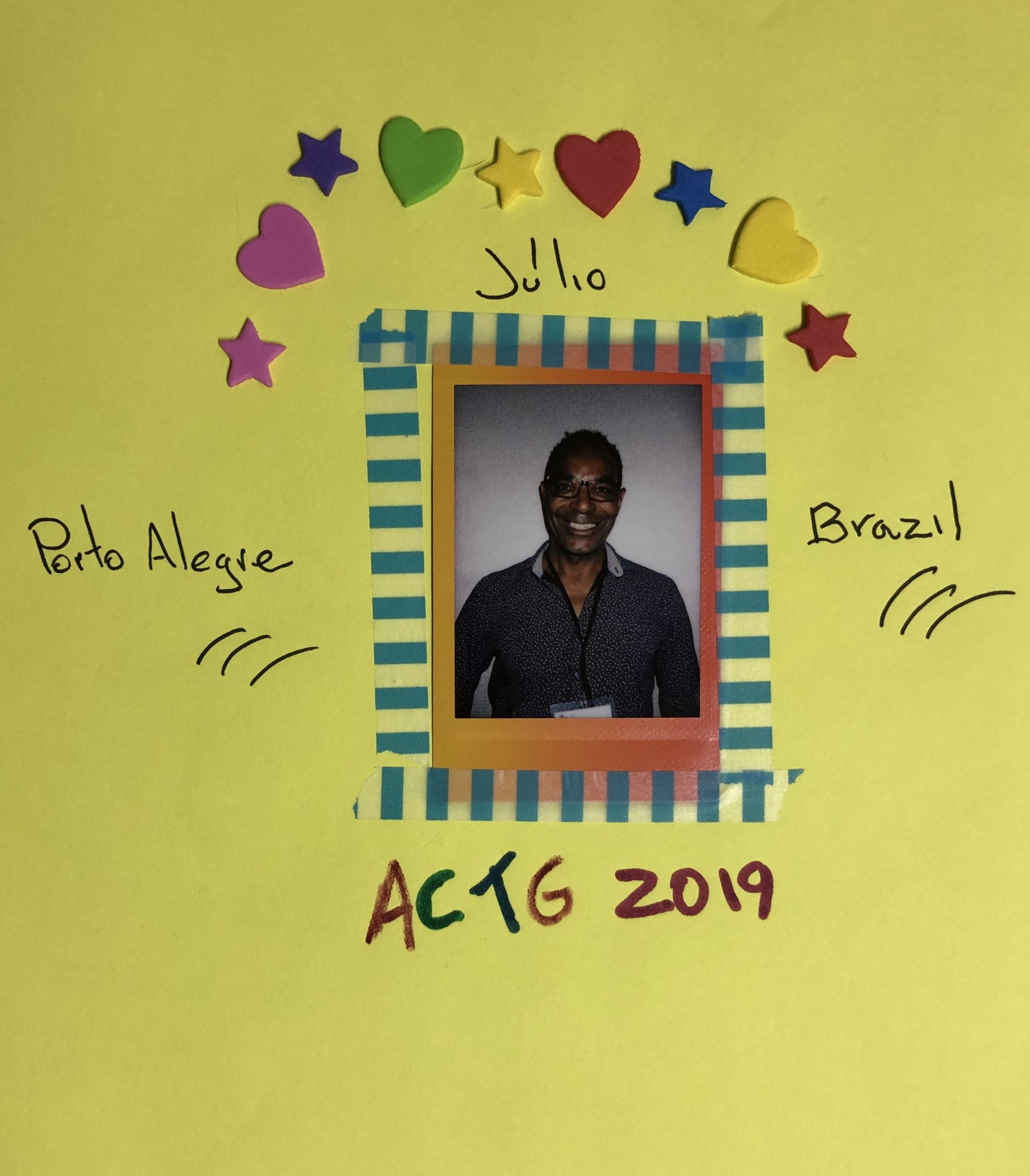
Julio Barros
I want my work to be remembered as part of a global effort towards finding a cure for HIV.
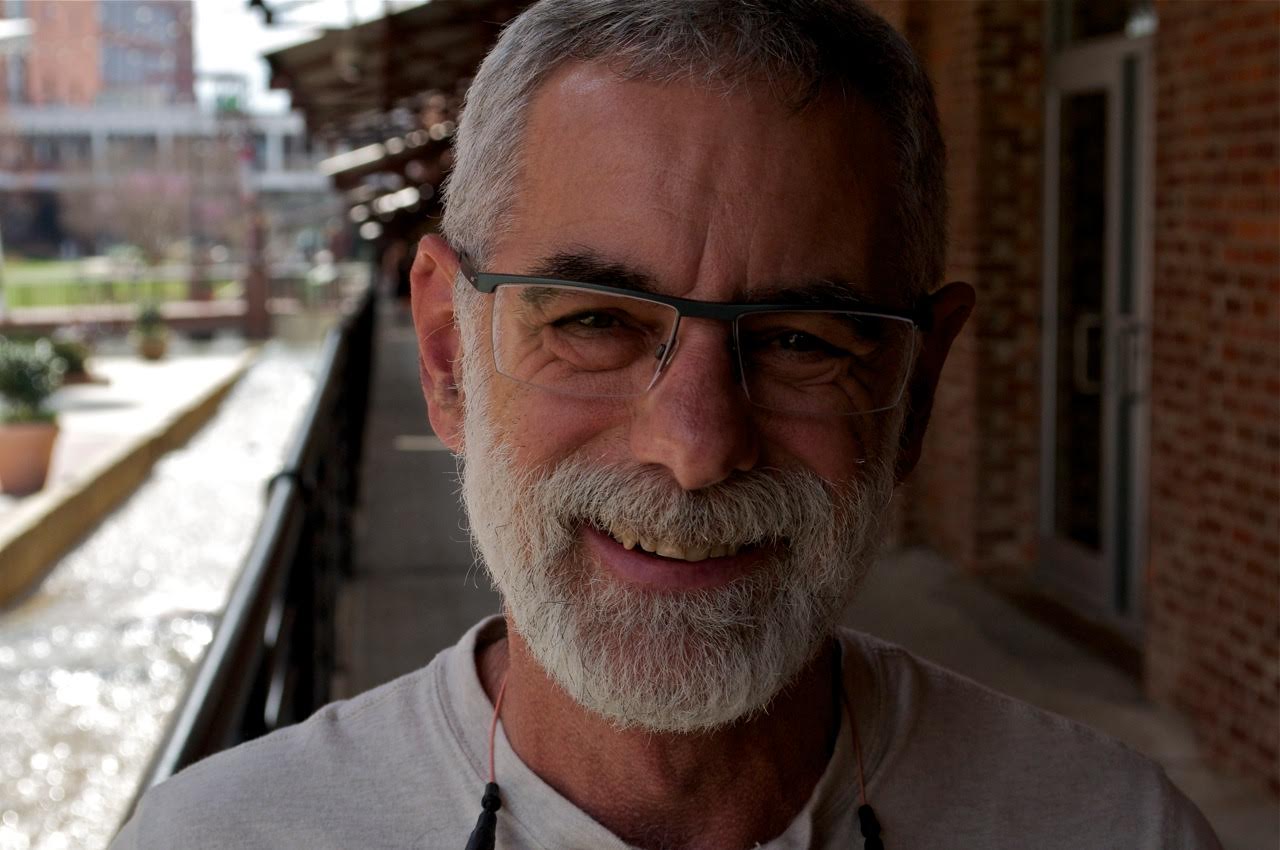
Royce
I started going to the clinic in 1990. Back then I was healthy and relatively young. Back then people were dying left and right. And I just felt like, I’m healthy, I’m doing well, I ought to be able to help these people. I was on the Phase 3 trial for 3TC and I just felt like I should be able to help.
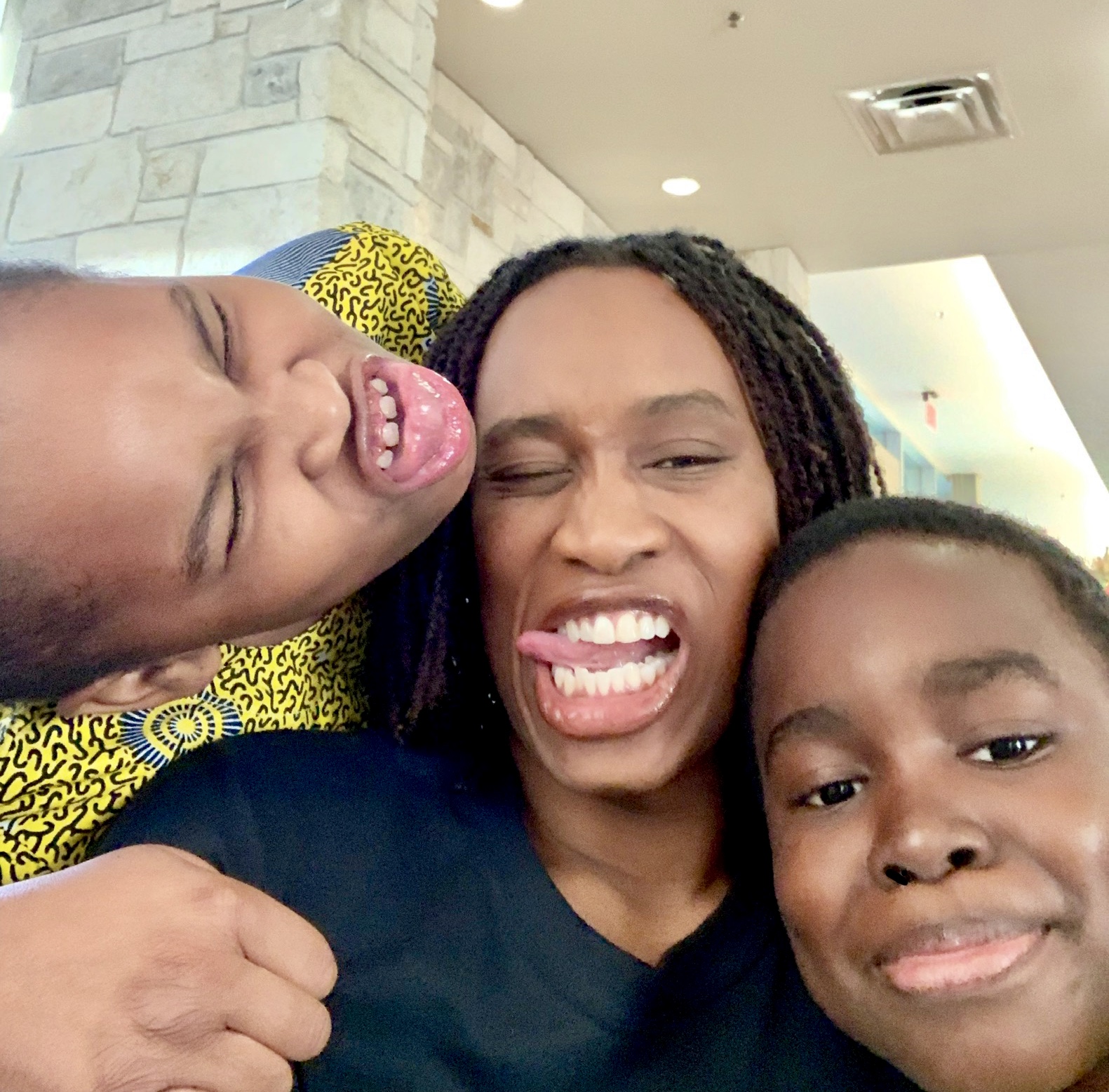
Morenike Giwa Onaiwu
I hope that people will remember my work as a piece of a greater whole. I hope that people will look at our collective work as something that made a difference.
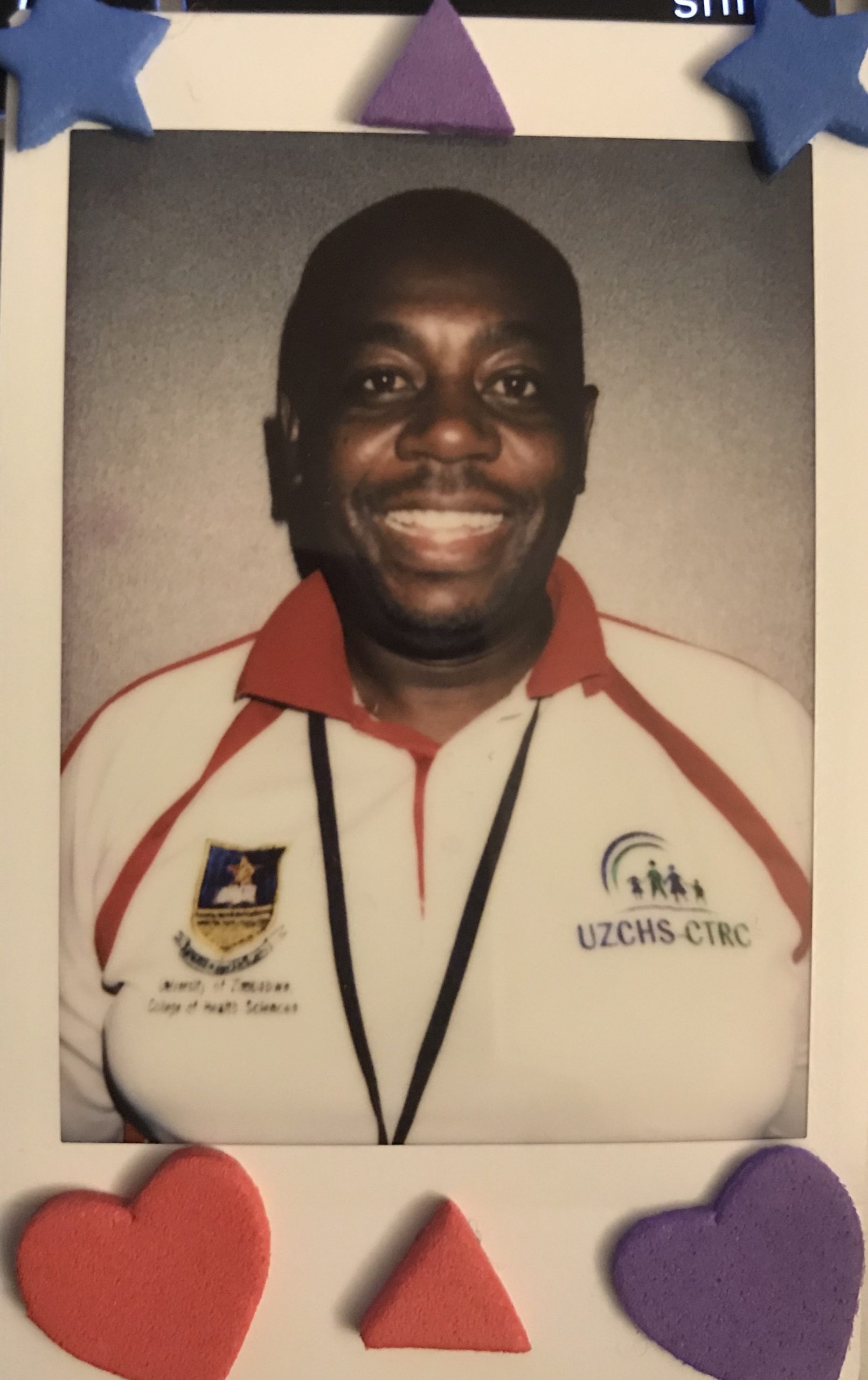
Stanford Chimutimunzeve
I’m passionate about the search for an HIV treatment that is free from side effects. I need to push for cure research and will not leave this battle until it is over.
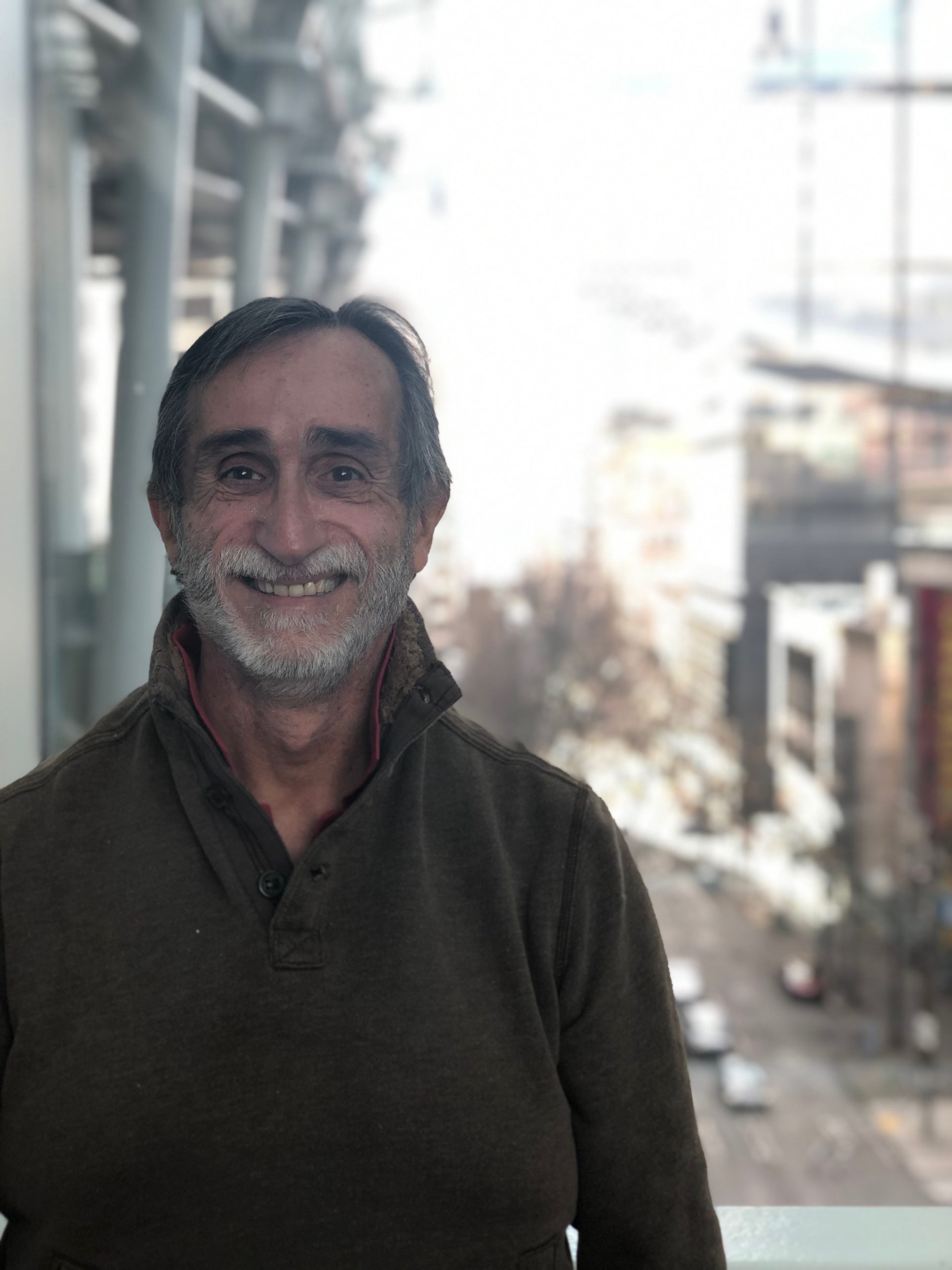
Angel Hernandez
I want my work at the ACTG to be remembered as an active advocate who brought the concerns of participants on clinical trials to the table.
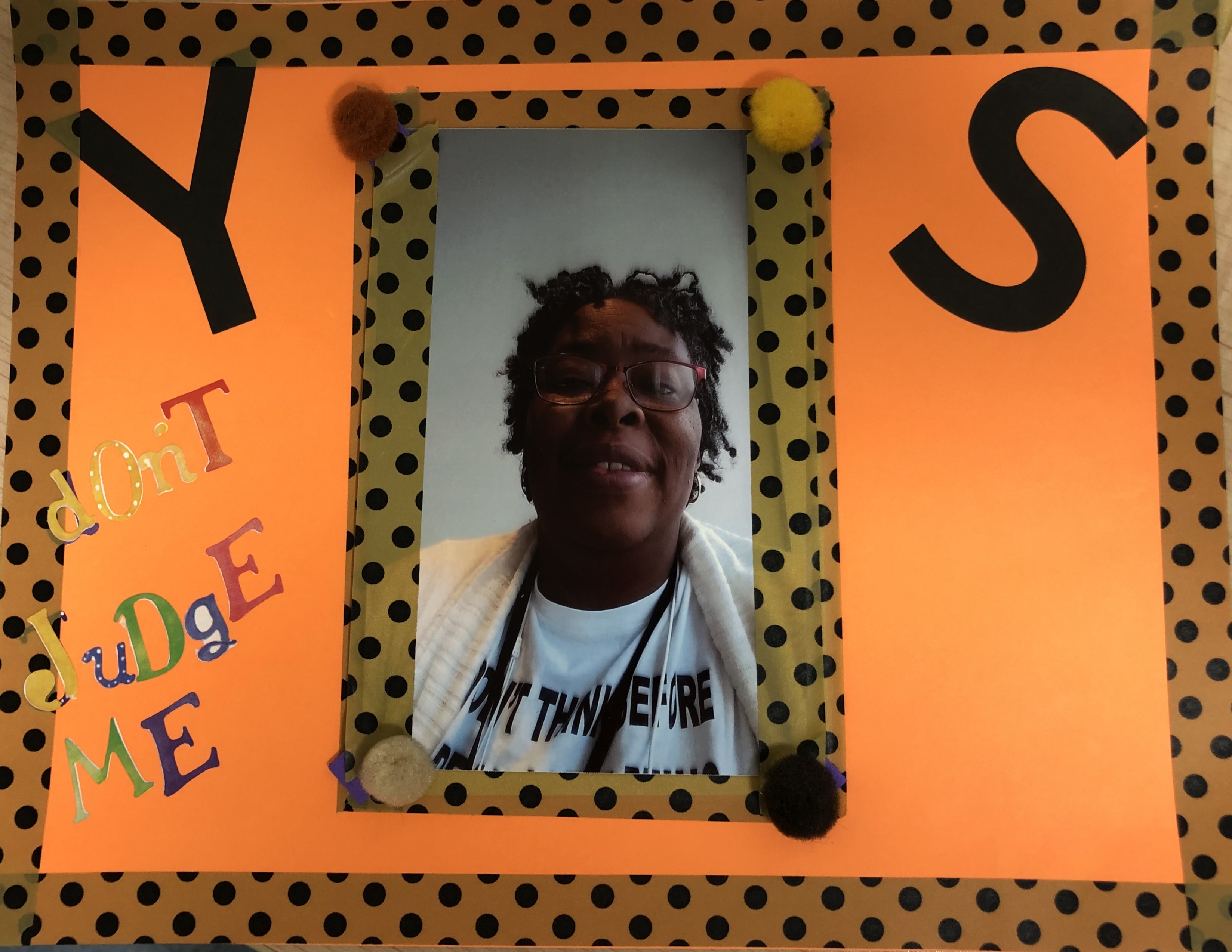
Armeldra Yvette
I wanted to know where were the women? Where were the trans women?
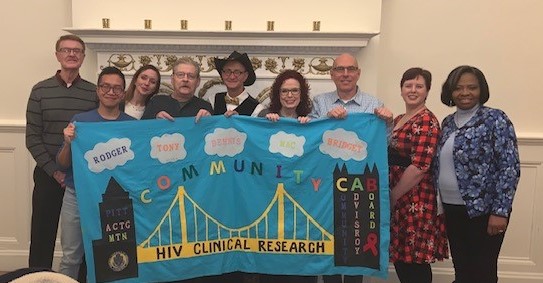
Pitt CRS
We look forward to the day that we have a functional cure for the disease. Until then, we are resolute in our position to aid these efforts by supporting treatment options and reducing rates of transmission. We also sincerely hope that our voices emphasize how clinical trials must be accessible and implemented equitably, that those historically underrepresented in this space are able to receive treatment and care without stigma.
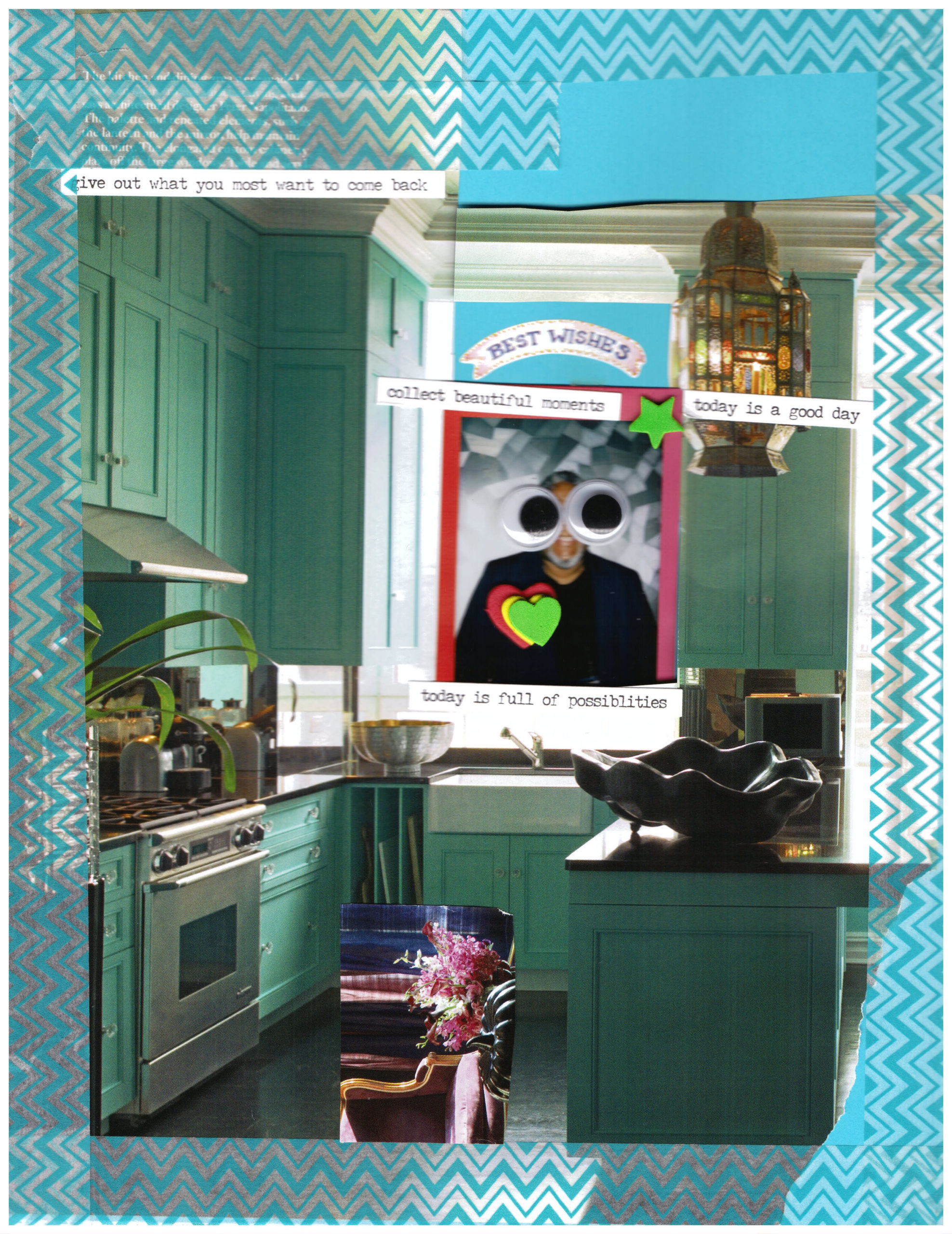
Michael Hodge
Underserved communities bear a disproportionate burden of HIV infection. New infections continue to occur at alarming rates especially, but not exclusively, among young MSM of color.
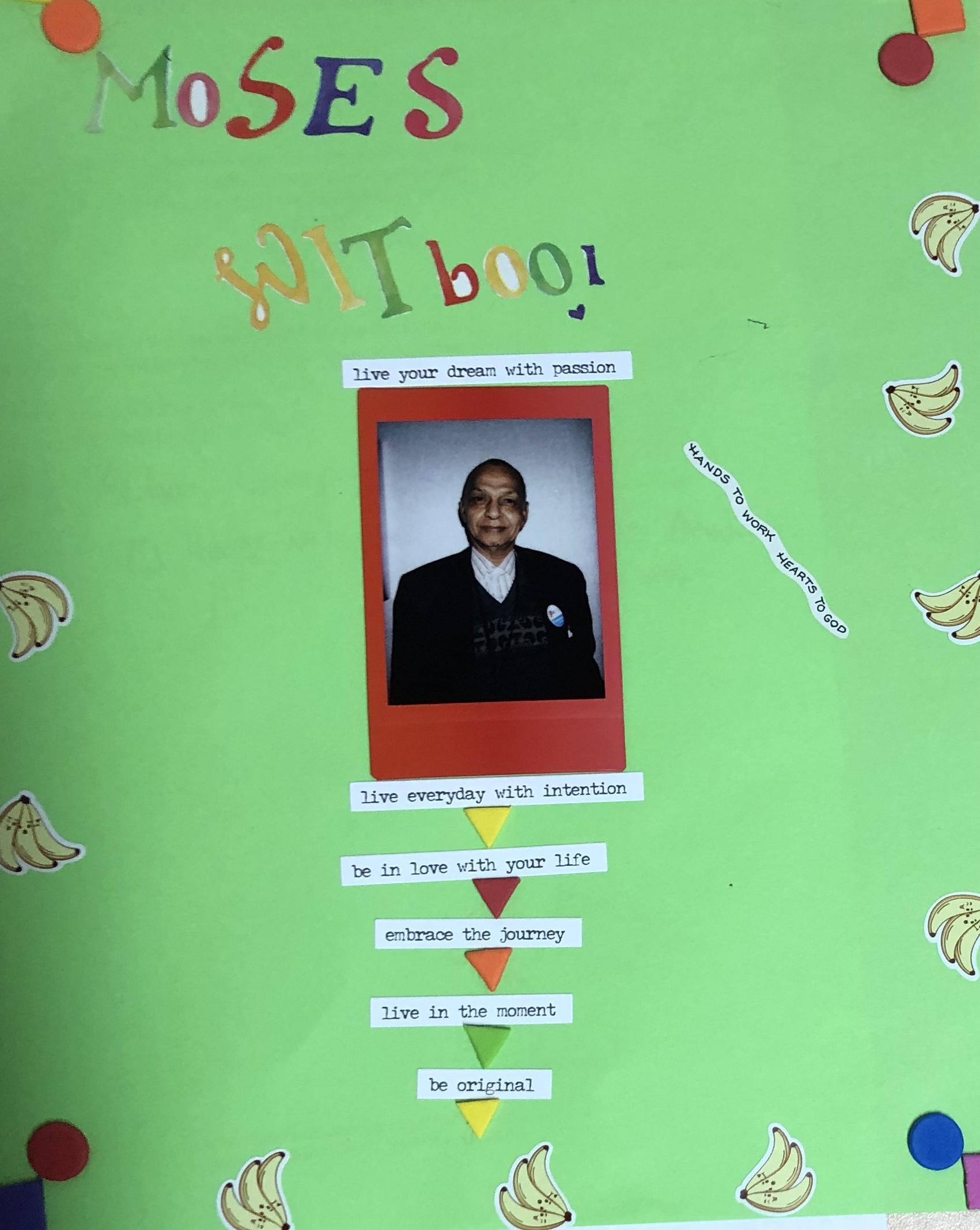
Moses Witbooi
I want to empower my community.

Lena
I was invited to a CAB meeting. I got involved with the ACTG after that, and started to tell my community about studies.
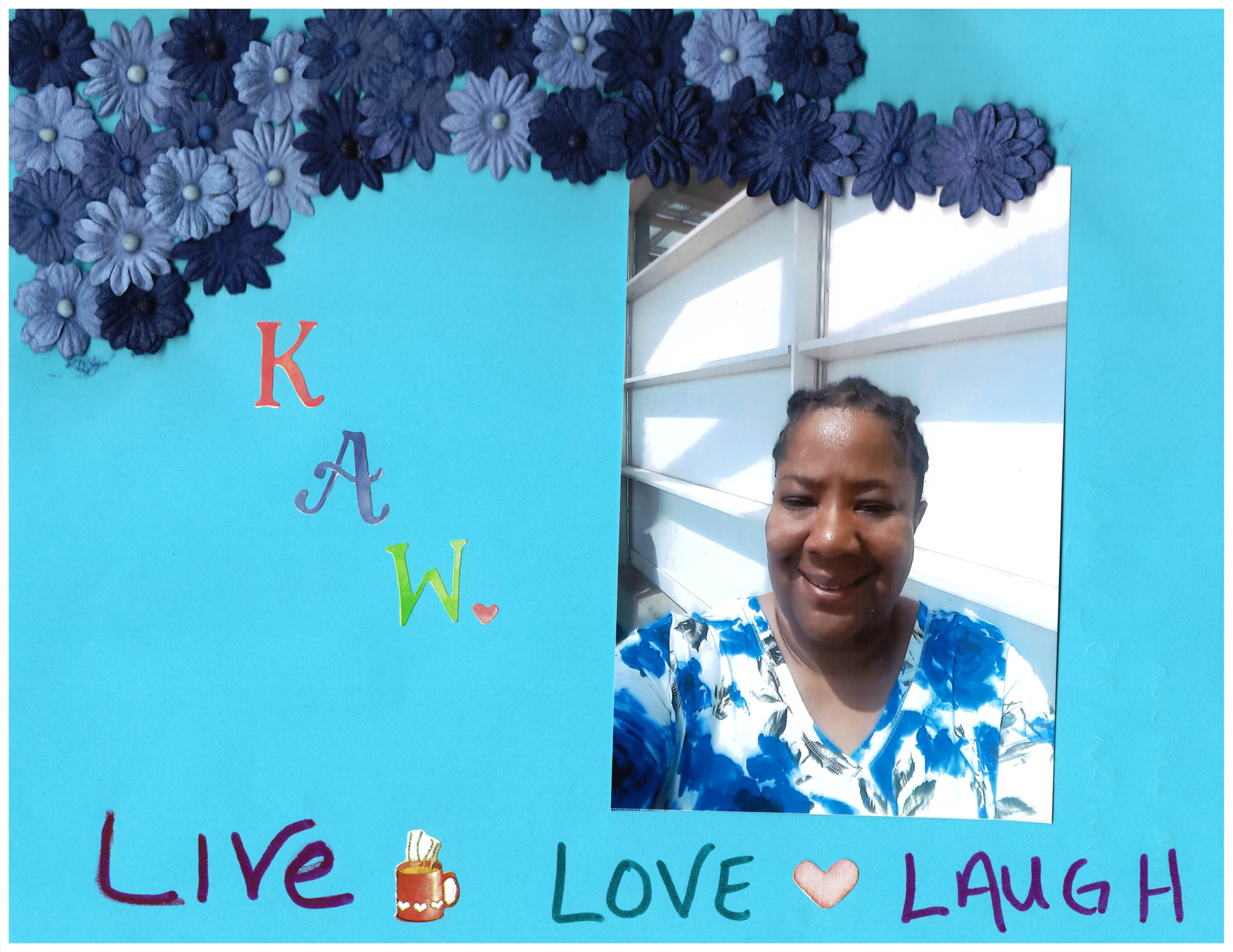
Kimberly Wilson
The communities I represent are made up of people whose voices are marginalized most of the time.
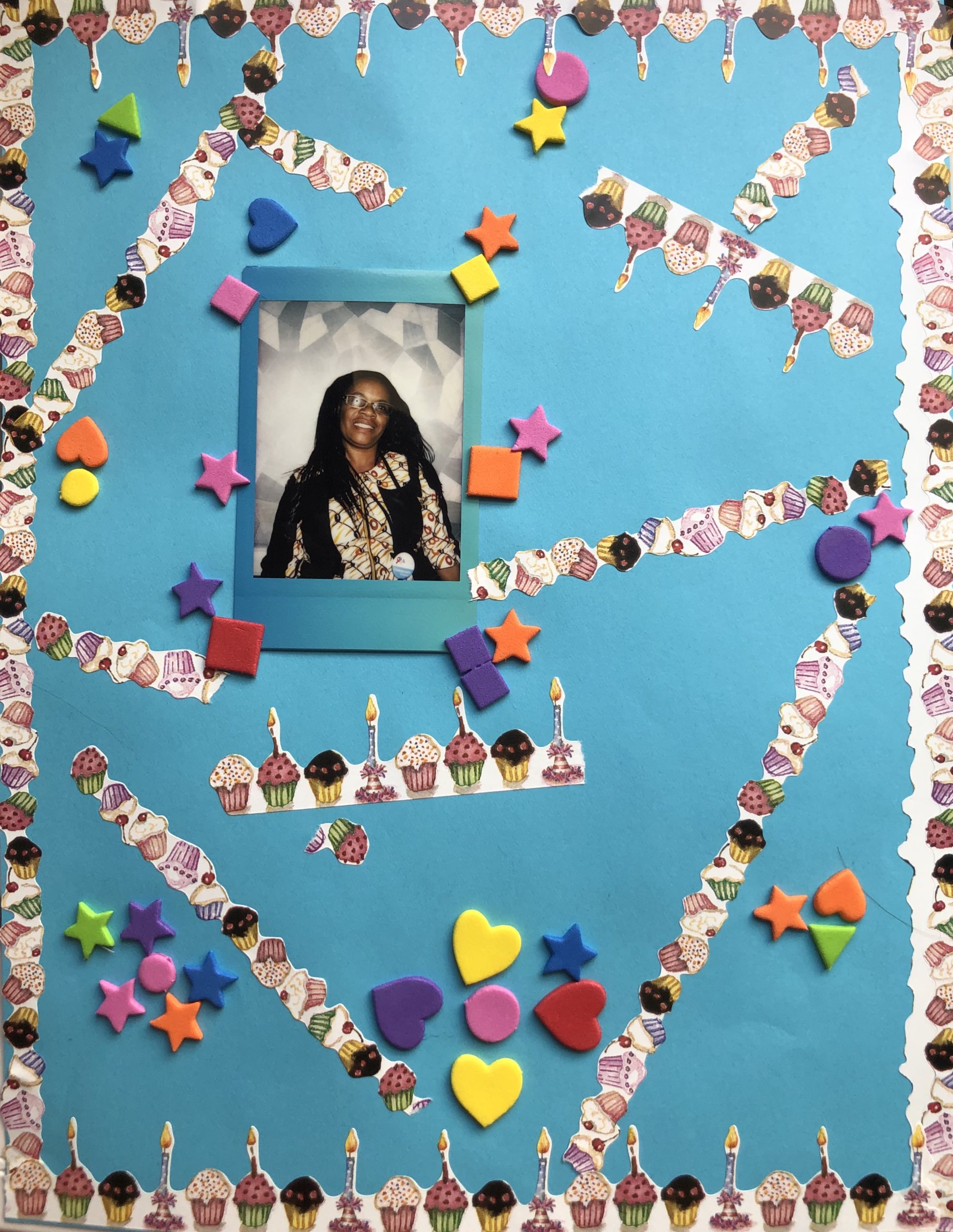
Estere Mutero
Nothing is too difficult if we—the community and the researchers—work hand in hand together. We will reach the cure!!
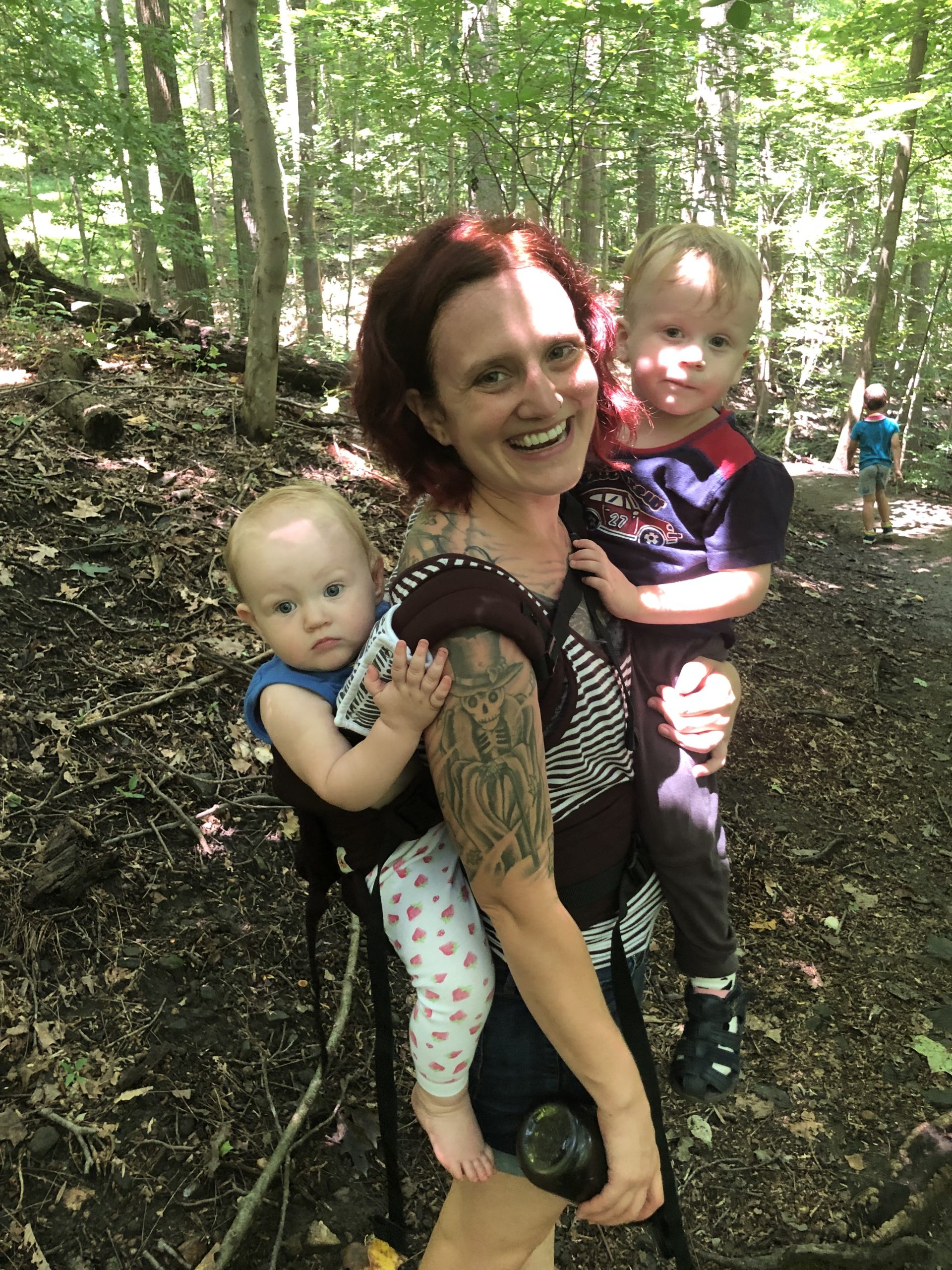
Liz Barr
I want my colleagues to remember how much I love them, and how much they inspire me.
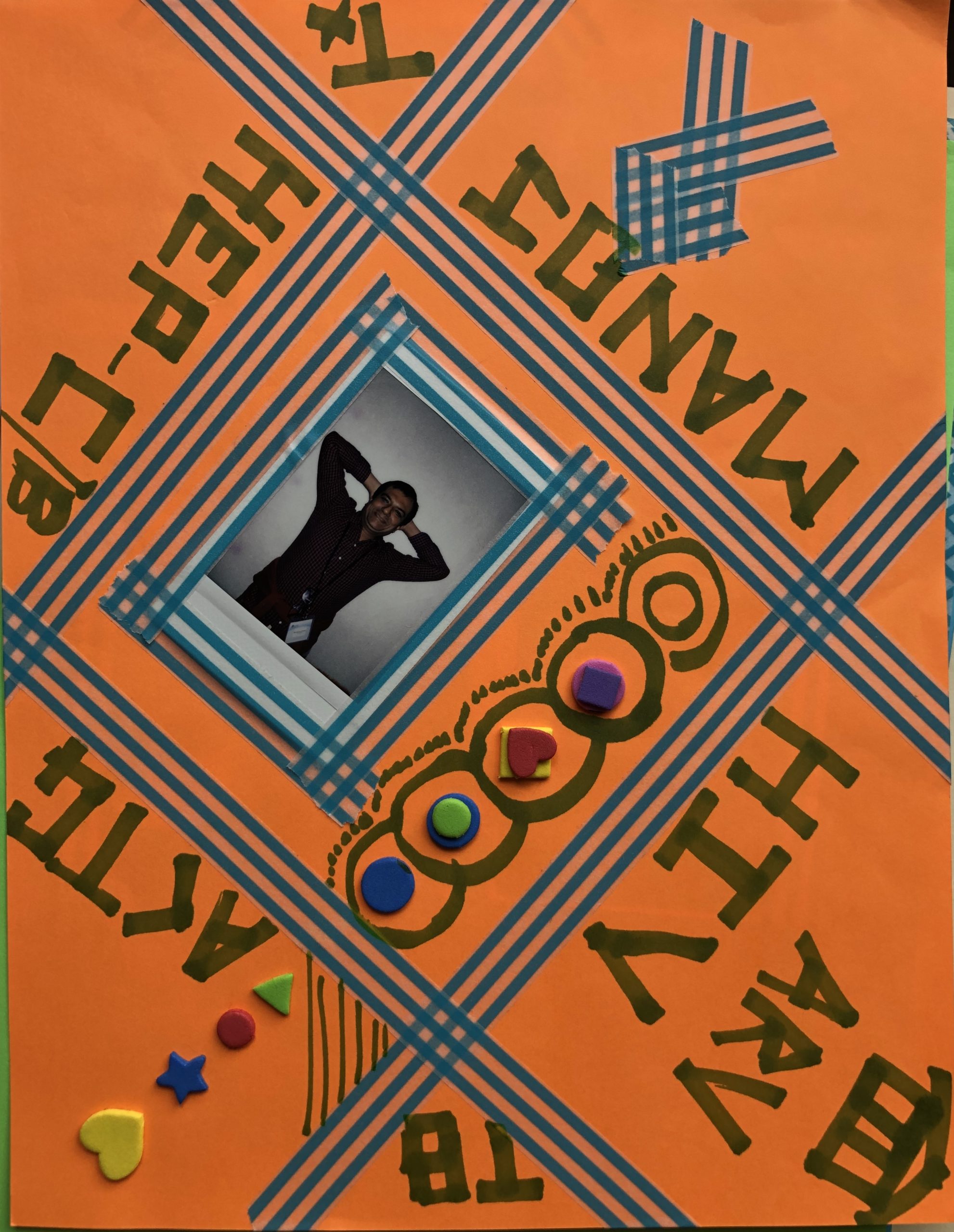
Manoj Pardeshi
I want to be remembered in the ACTG as a bridge between community and science. Someone with an active voice and open ears who presents community needs, and issues for scientific solutions.
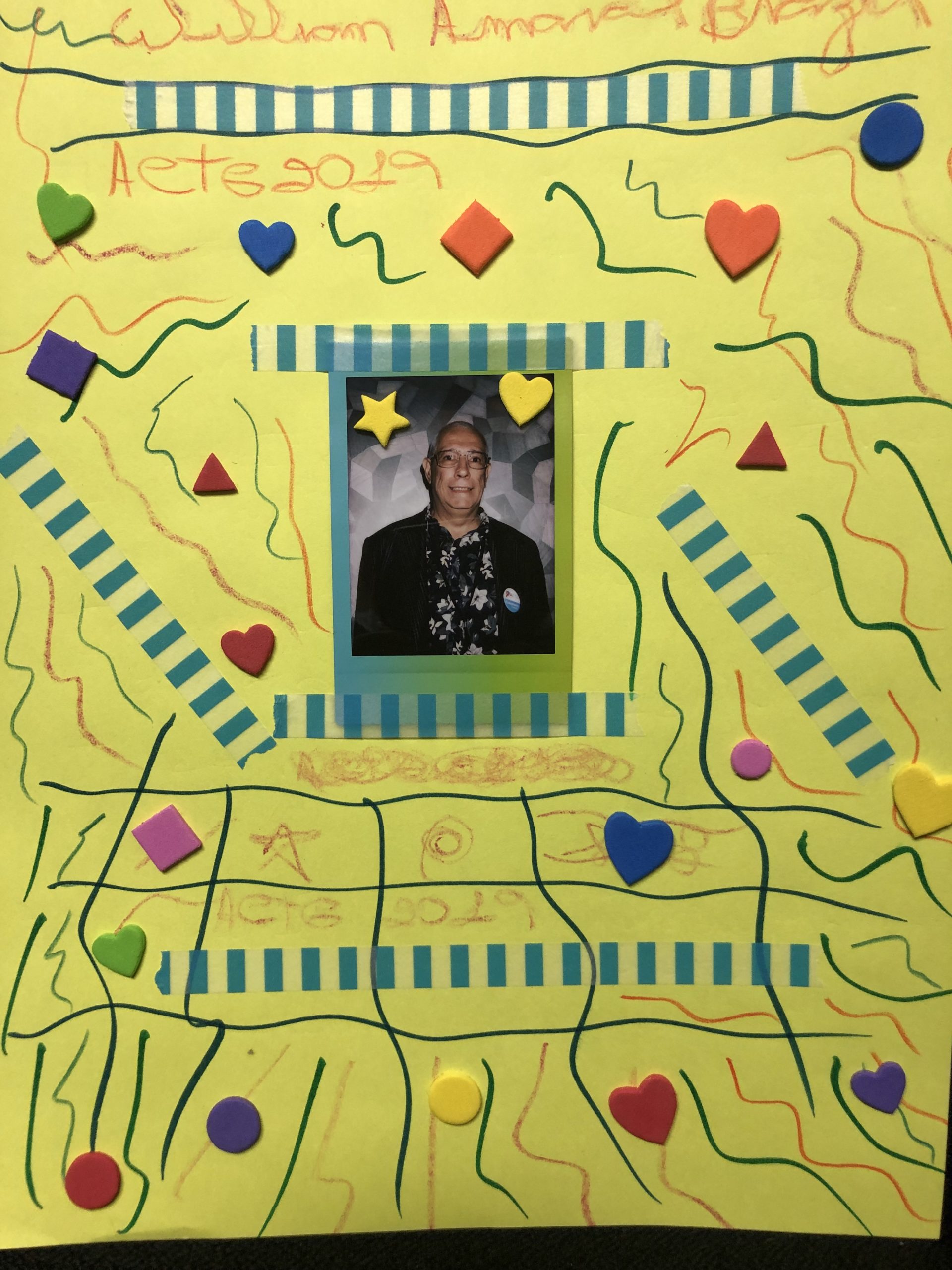
Willian Amaral
My main hope is to cure the HIV infection and I wish it to happen in one of the ACTG studies.
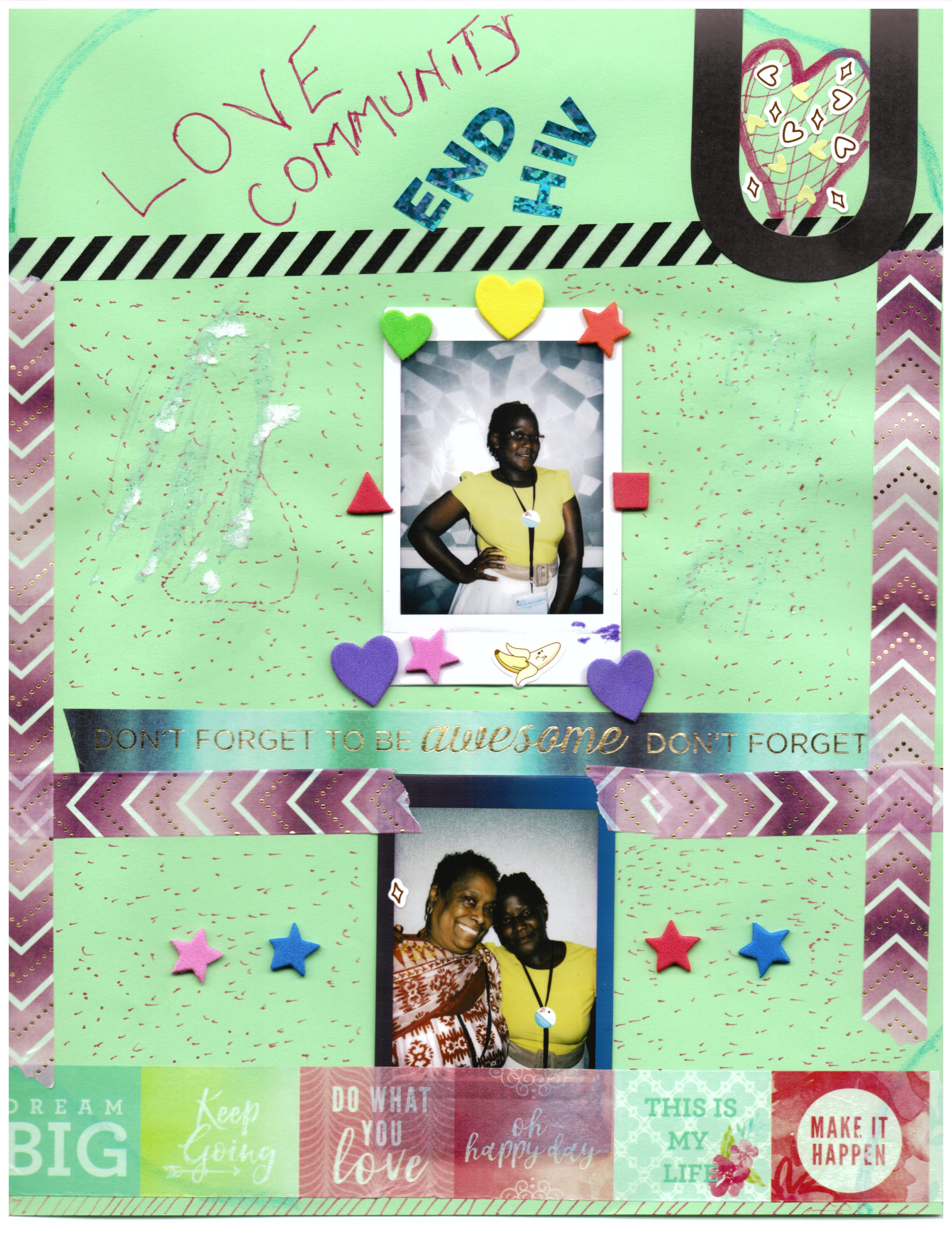
Flaviah Dorothy Namuwaya
I want to be remembered has the young person who pushed for the involvement of young people into research and I also want to create a youth friendly environment for young people in the research area.
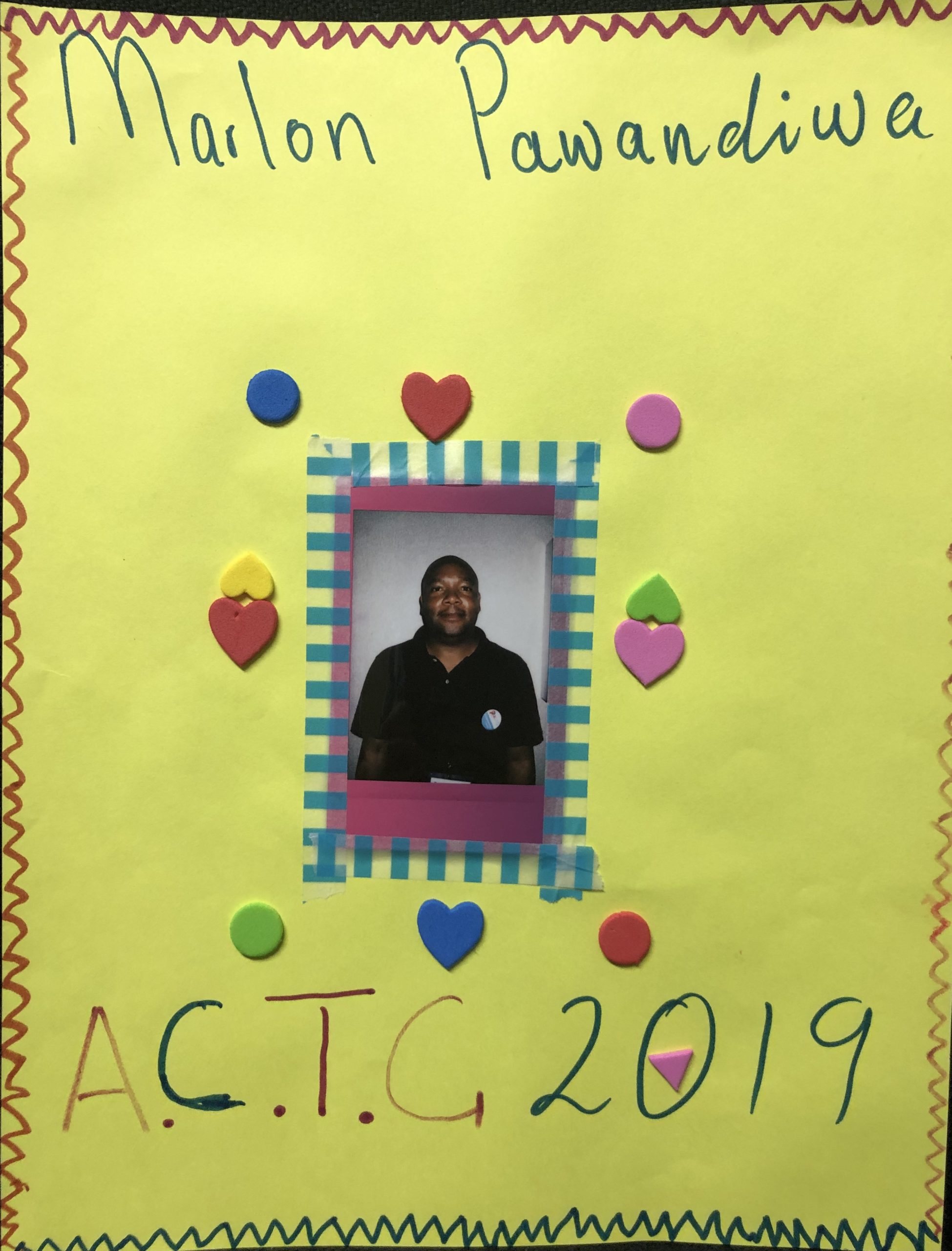
Marlon Chinyaradzo Pawandiwa
My reason for joining was to bring change to the community and correct misconceptions about research and HIV. As a member, I have bridged the gap between researchers and the community.
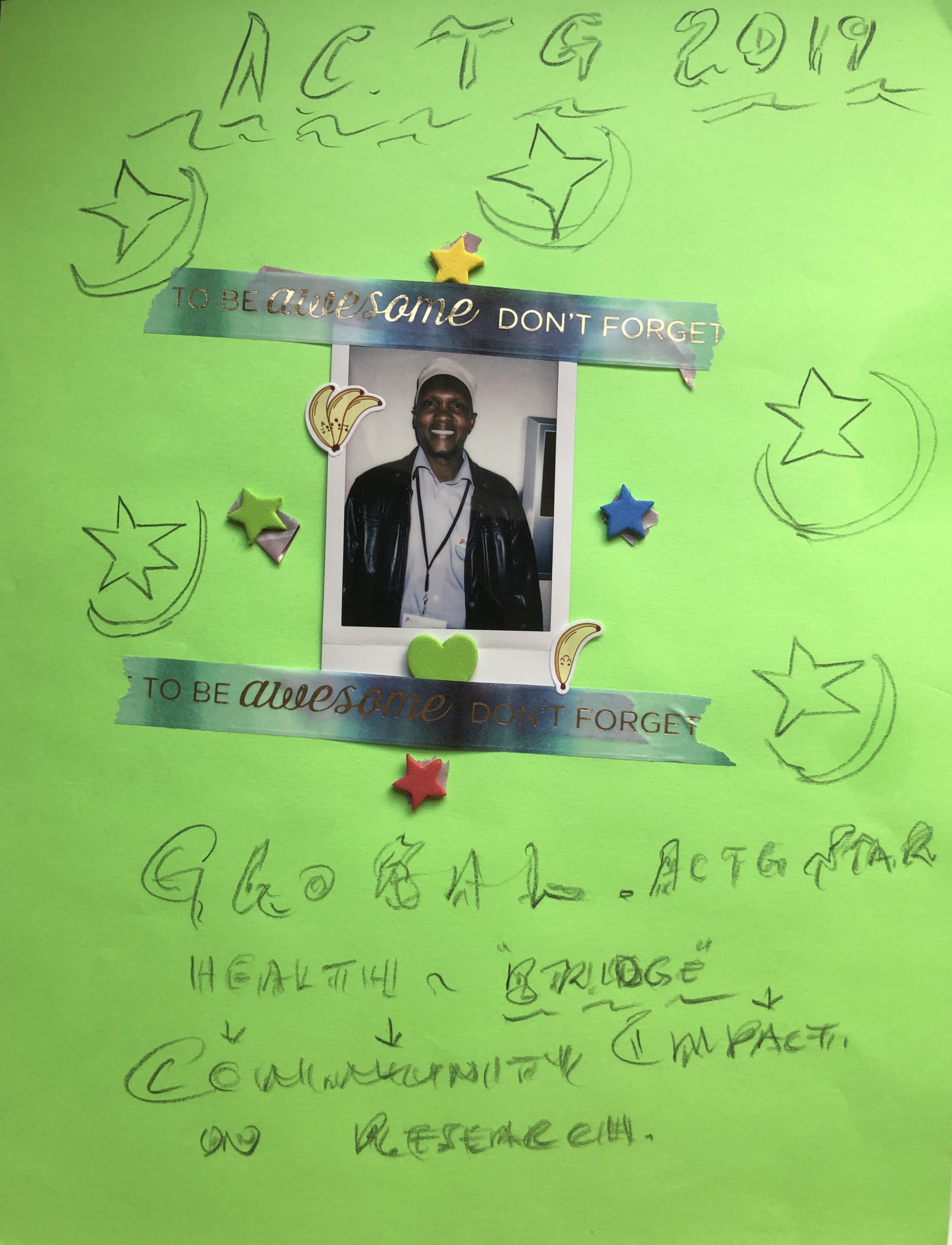
Mustafa Musa Agwanda
My community’s vulnerability as a minority group made me want to fully initiate them into health care.
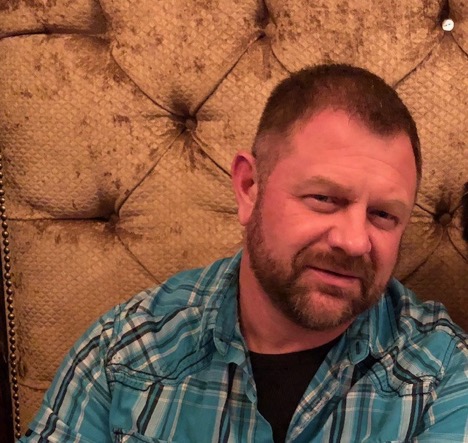
Tim Brehm
I want to be here in this capacity when I have 20 years in, for treatment at that time to be even better, and for the stigma to end.
